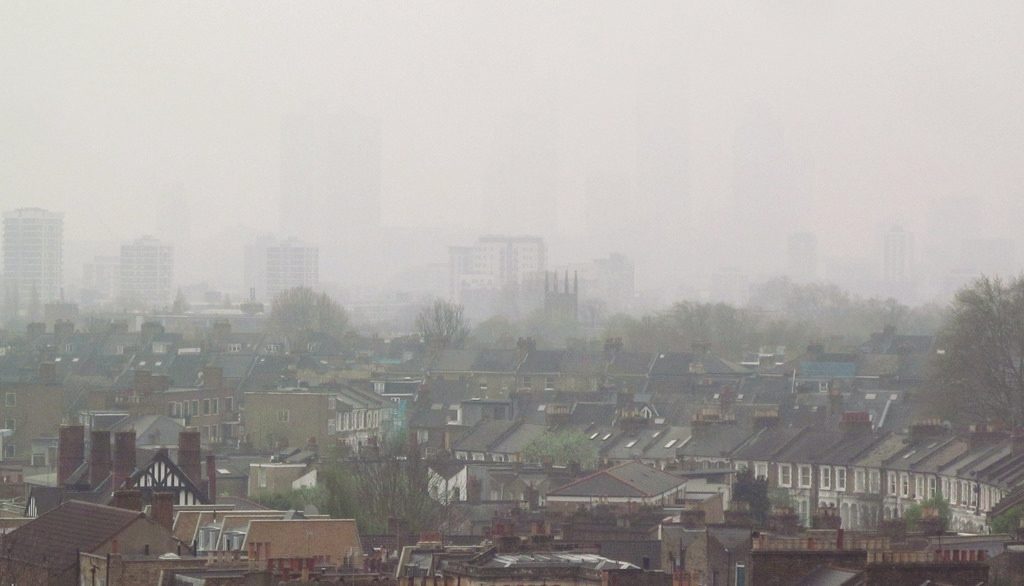Only seven countries in the world meet the World Health Organisation’s (WHO) air pollution standards, the annual air quality report by monitoring firm IQAir revealed on Tuesday.
Central and South Asia suffer from the lowest air quality, with Bangladesh, Pakistan and India ranking at the bottom.
Using data from 30,000 measurement points, IQAir analysed air quality in 7,812 locations across 134 countries. However, measurements are incomplete, particularly in Africa where there are significant information gaps.
The report indicates that only seven countries and three territories achieved the WHO’s standard of 5 µg/m3 for PM2.5 (a type of fine particulate) in 2023. These countries include Australia, Estonia, Finland, Grenada, Iceland, Mauritius and New Zealand, with Puerto Rico, Bermuda and French Polynesia as compliant territories.
At the lower end of the scale were Bangladesh (79.9 µg/m3), Pakistan (73.7 µg/m3), and India (54.4 µg/m3), followed by Tajikistan and Burkina Faso. Belgium (100th place), albeit recording relatively positive results at 9.4 µg/m³, still nearly doubles the WHO recommended standard.
In reference to impacts on health, the WHO estimates that 7 million people die prematurely each year due to air pollution. Fine particulates also increase risk of developing asthma, cancers, pulmonary diseases, and strokes.

